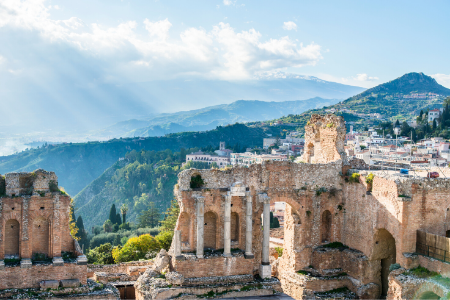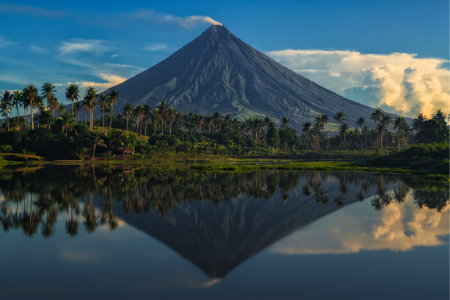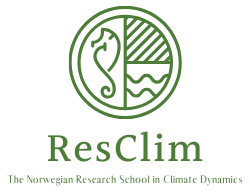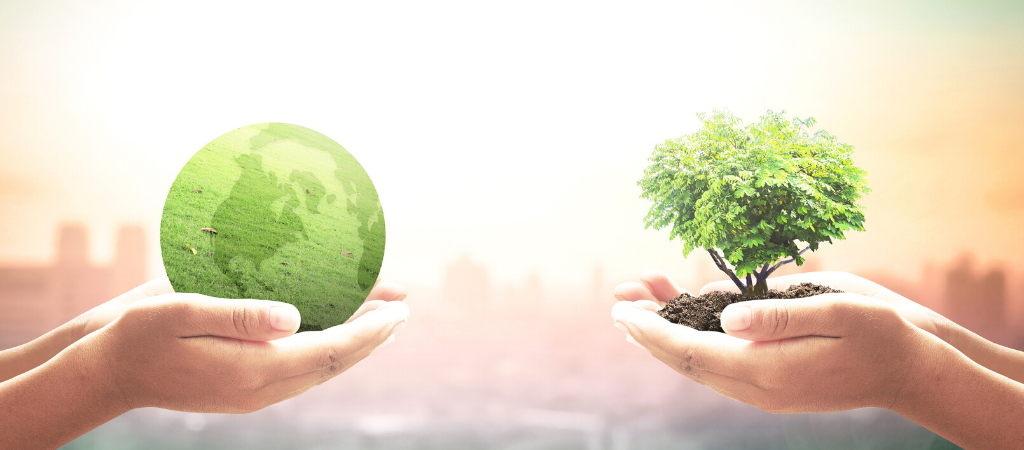
Climate Change
The second conference for "Time series analysis" will be held in Tromsø, Norway, on 8-11 November 2016.
Read more below...

Field trip
This year the annual AMGG research school field trip ( GEO8805) will be arranged in Sicily.
Read more below...

Advanced course
Two weeks of delving into this year's topic "Climate and Volcanism".
Read more below...
Time-Series Analysis in Environmental Sciences and Applications to Climate Change

The second conference for “Time series analysis” will be held in Tromsø, Norway, on 8-11 November 2016. While the first conference held in Brest (2012) dealt with marine science and applications for industry, this present conference will be focusing on the implication of climate change on the environment, including land, sea and atmosphere.
The purpose of this event is to gather scientists from a large range of disciplines in Earth Sciences based on regular and constant in-situ measurements, and provide a discussion forum in the field of time series analysis and forecasting.
The presentations will show how observations can help detecting climate change and its impacts focusing on both the mathematical modelling, statistics, signal processing (non-stationarity, gaps in series, extremes, etc.), and the environmental scientific results. This conference is part of a series of conferences gathering a wide community to be integrated in the ESONET-Vi (-the vision) consortium that builds upon ESONET, EuroSITES, EMSO, FixO3 and ENVRIPLUS partners, extending worldwide.
Targeted audience: Based on in-situ and remote data analysis and modelling, this conference will gather senior and young researchers (post-doctoral, doctoral and master students) to share their experience in time series interpretation across several scientific fields. Starting by a 2-day training session and followed by a conference part during the two following days, this event will promote the transfer of knowledge to younger or less experienced scientists and between researchers from several research fields. Both training courses and scientific talks will be mainly based on application examples and case studies.
Conference themes
– Marine environment and connections with land and atmosphere (sea ice, atmospheric measurement, foraminifera, biogeochemistry)
– Sea level
– Methane measurements and analysis
– Ocean carbon cycle
– Mathematical tools to understand climate change
Field trip to Sicily with the research school AMGG

This year the annual AMGG research school field trip ( GEO8805) will be arranged in Sicily.
Date: 3-9 October 2016
Scientific topic:
- Fluid emissions
- Climatic variations at the boundary Pliocene-Pleiocene
- Sedimentary processes
- Messinian evaporates
During this field trip, students will receive instructions and also gain experience from the field. Students are divided into groups and will be assigned a specific topic. A presentation of this topic is required for evaluation subsequent to the field trip. Field trip leaders will work together with the students and providing feedback. All students will also create a blog text including photos where they document and present the outcome of the field course.
Advanced Courses in Climate Dynamics

30 eager European and US-based PhD students and postdocs joined some 10 lecturers in Laugarvatn, Iceland, to spend two weeks together delving into this year’s topic “Climate and Volcanism”, 23 August- 3 September.
The diverse background of the lecturers and students reflected the interdisciplinary nature of the topic, bringing together atmospheric science, aerosol chemistry and physics, geology, glaciology, oceanography and paleoclimate.
The most challenging but exciting aspect of the theme proved to be linking the wide range of time scales involved, from Earth’s mantle processes, via the glacial cycles and mid-ocean ridge volcanism to the rapid sequence of events following a single volcanic eruption.
When not listening and discussing the latest scientific buzz about how volcanoes affect climate and vice versa (!), students were working hard on group projects on tephra, lake sediments, mid-ocean ridges and sea level, causality and volcanic aerosols.
Throughout the two weeks, we were blessed by unbelievably good weather. This provided great conditions for several field excursions around central and southern Iceland, including vast lava fields, natural hot springs and glaciers.

